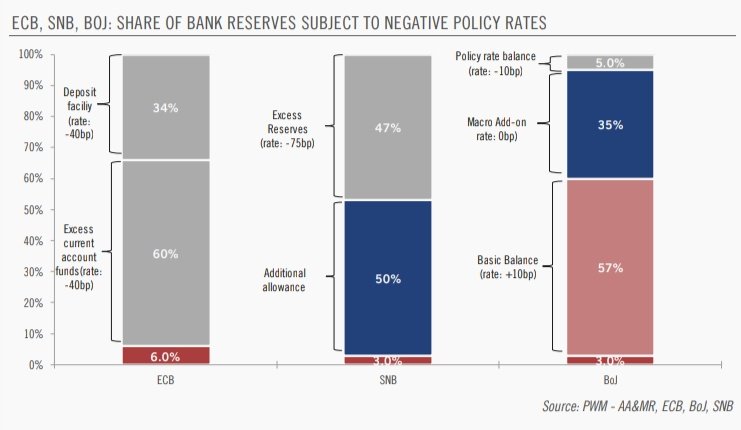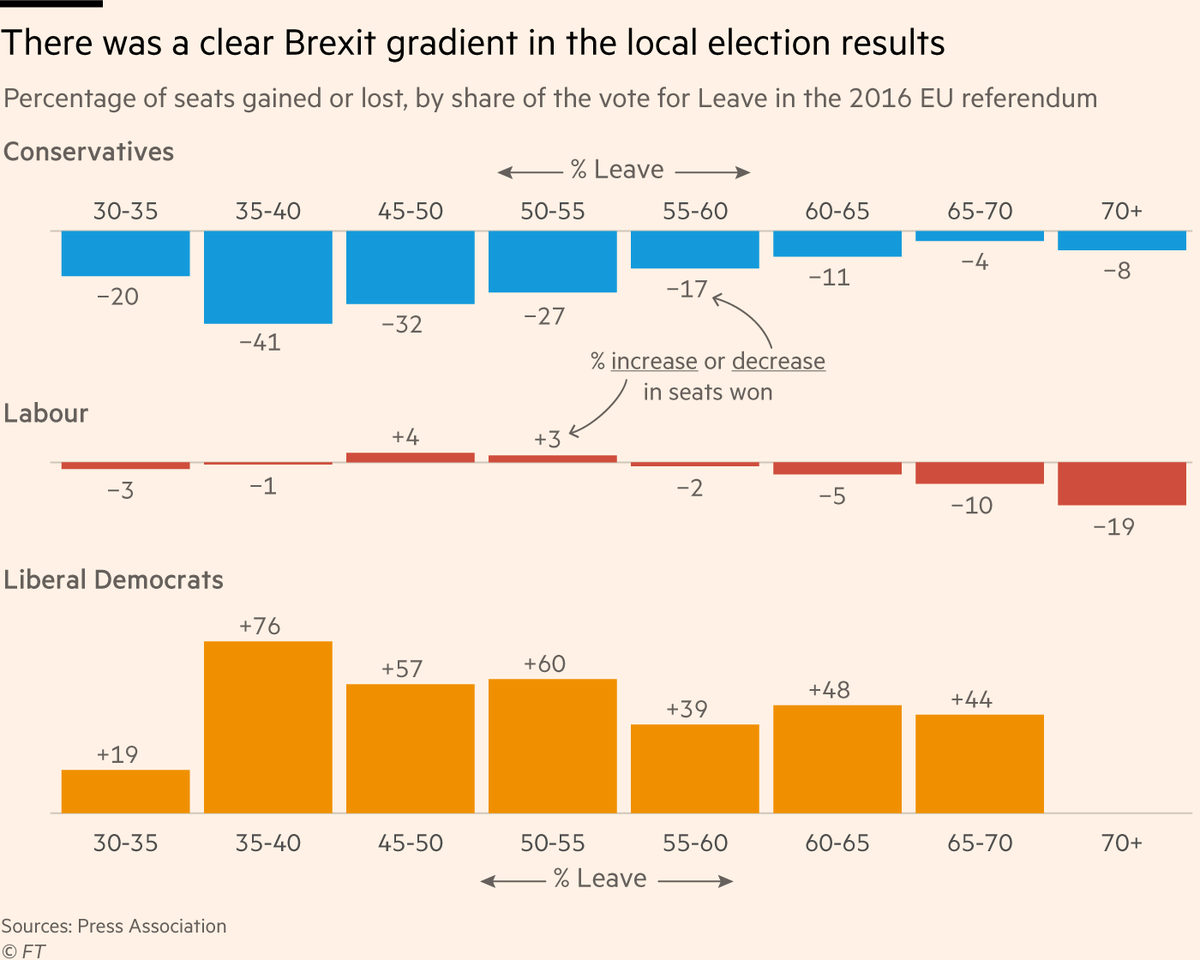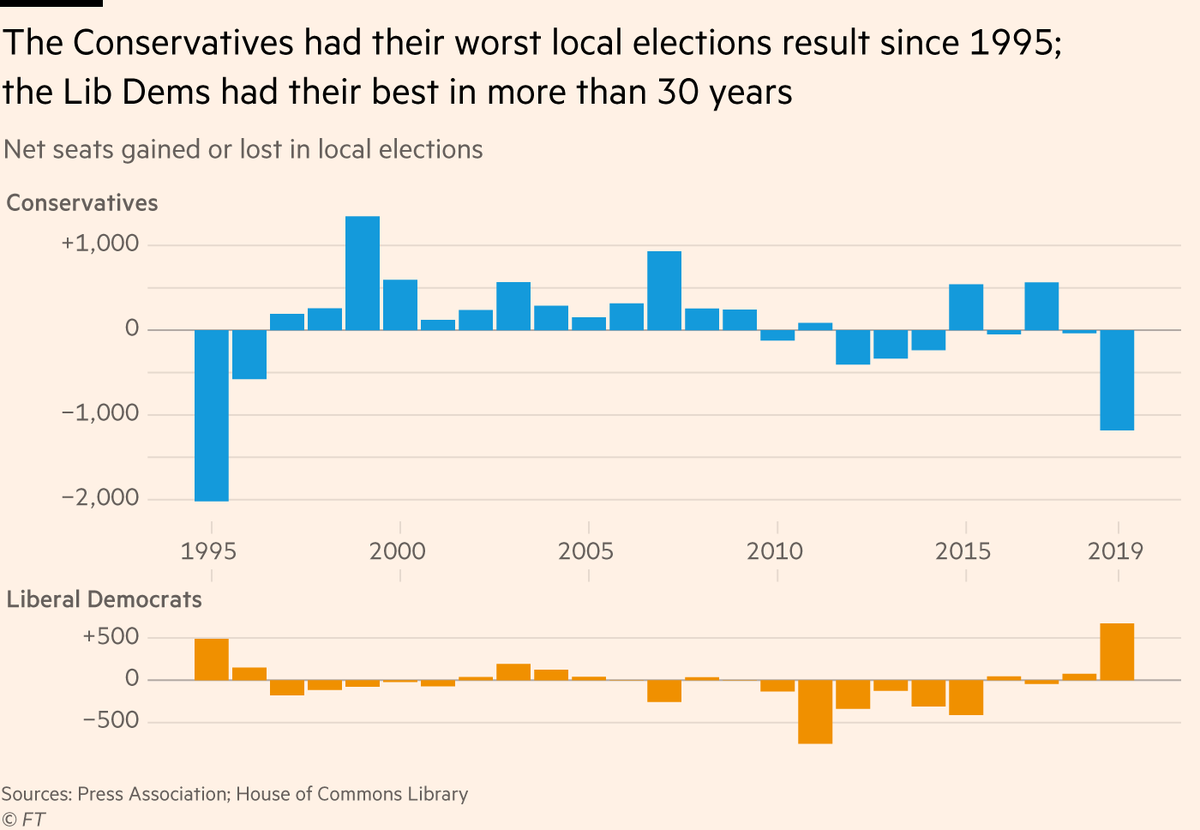We've lost count of the number of times the ECB had to deal with the consequences of other policymakers' mistakes, incompetence or inertia, having done the right thing before. Sad! (2/n)
- unwarranted tightening of financial conditions => rate cut
- impaired transmission => bank credit easing
- de-anchoring of inflation expectations => QE
(7/n)











